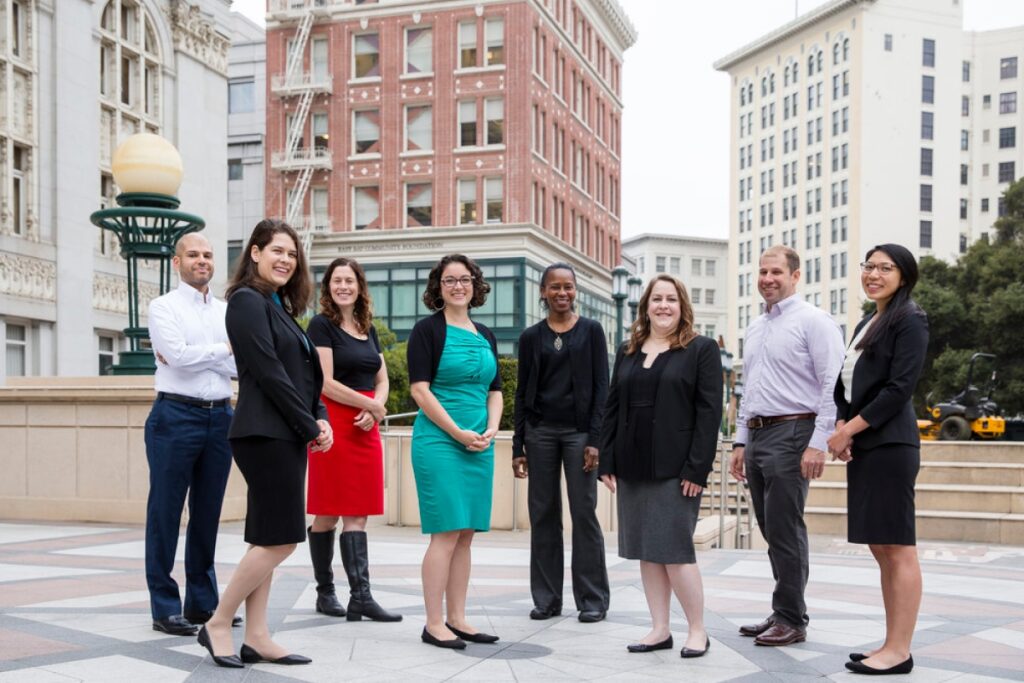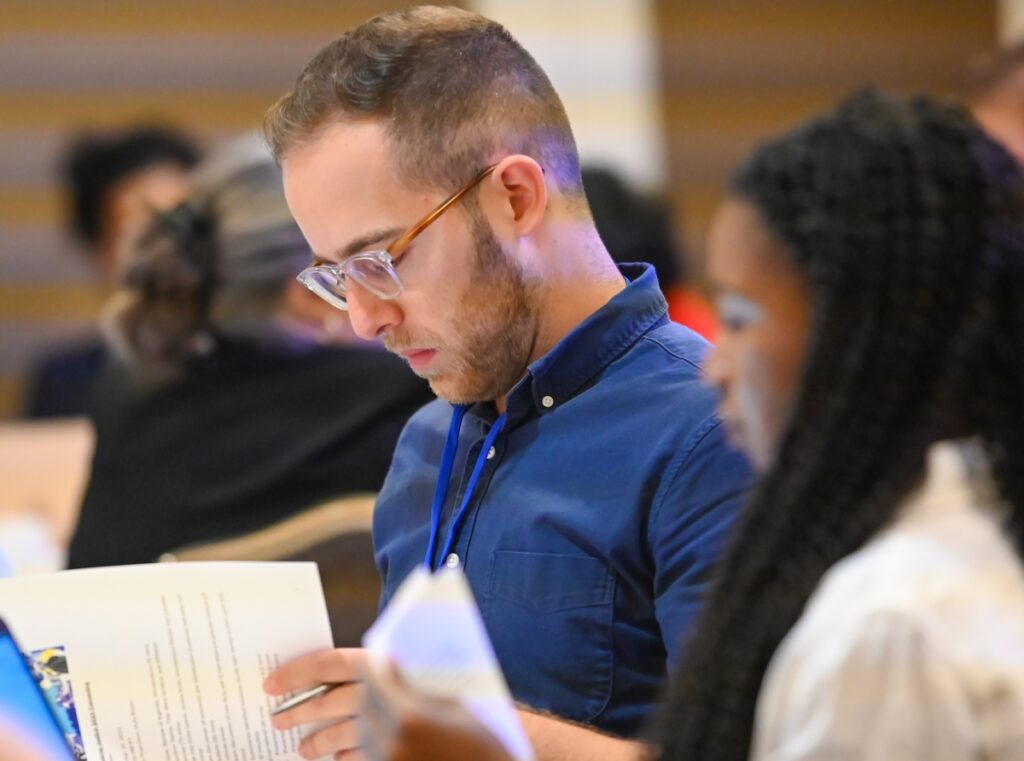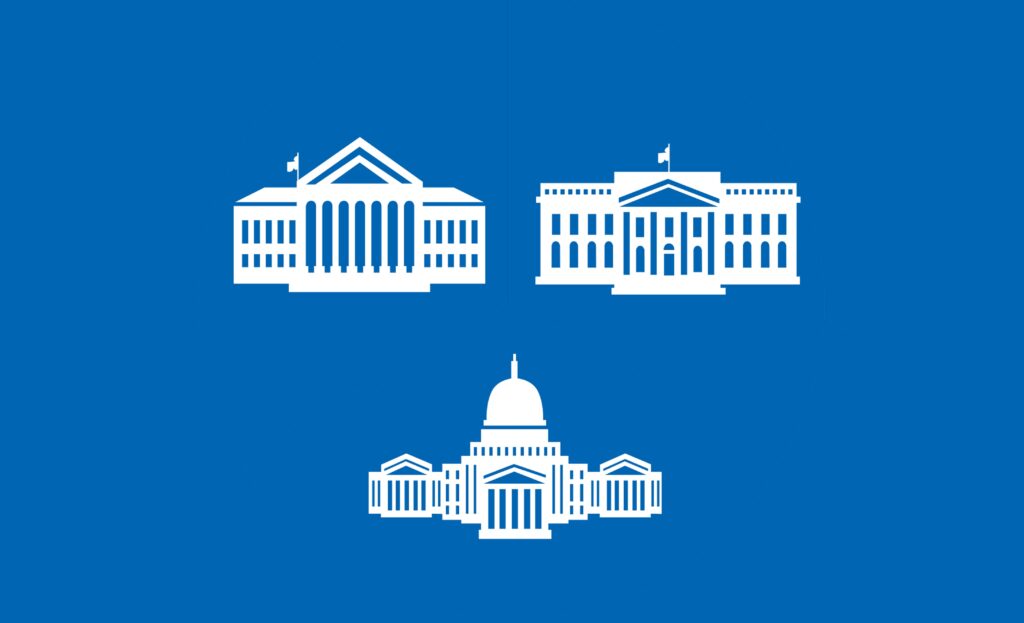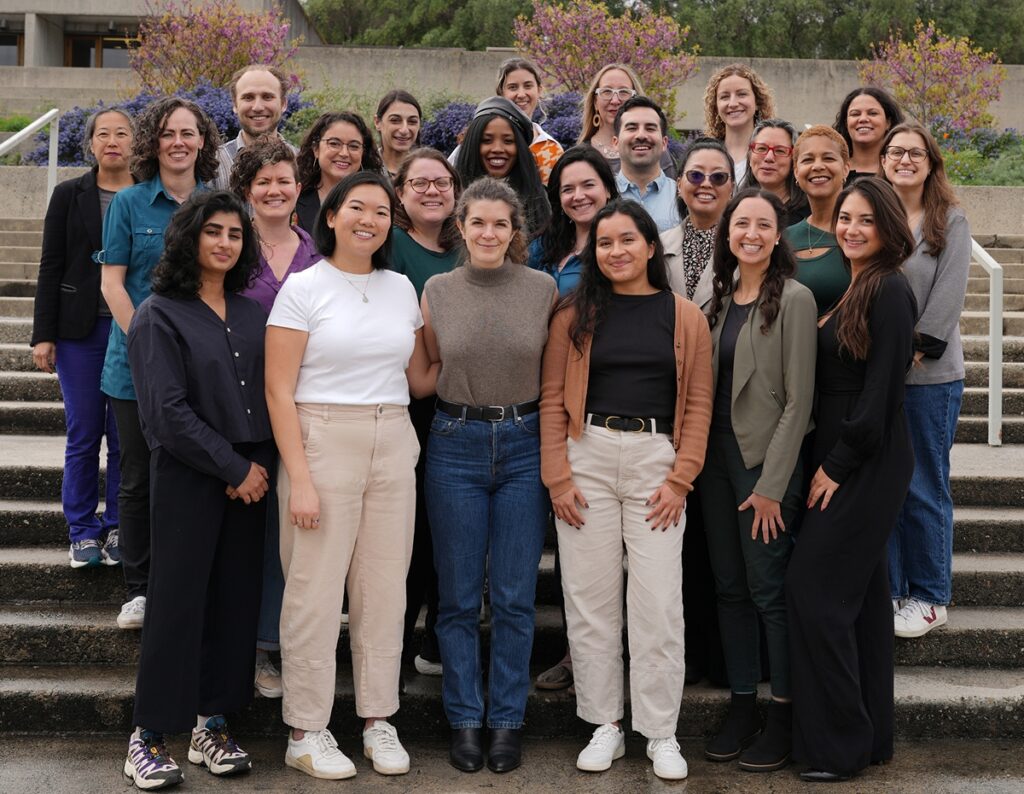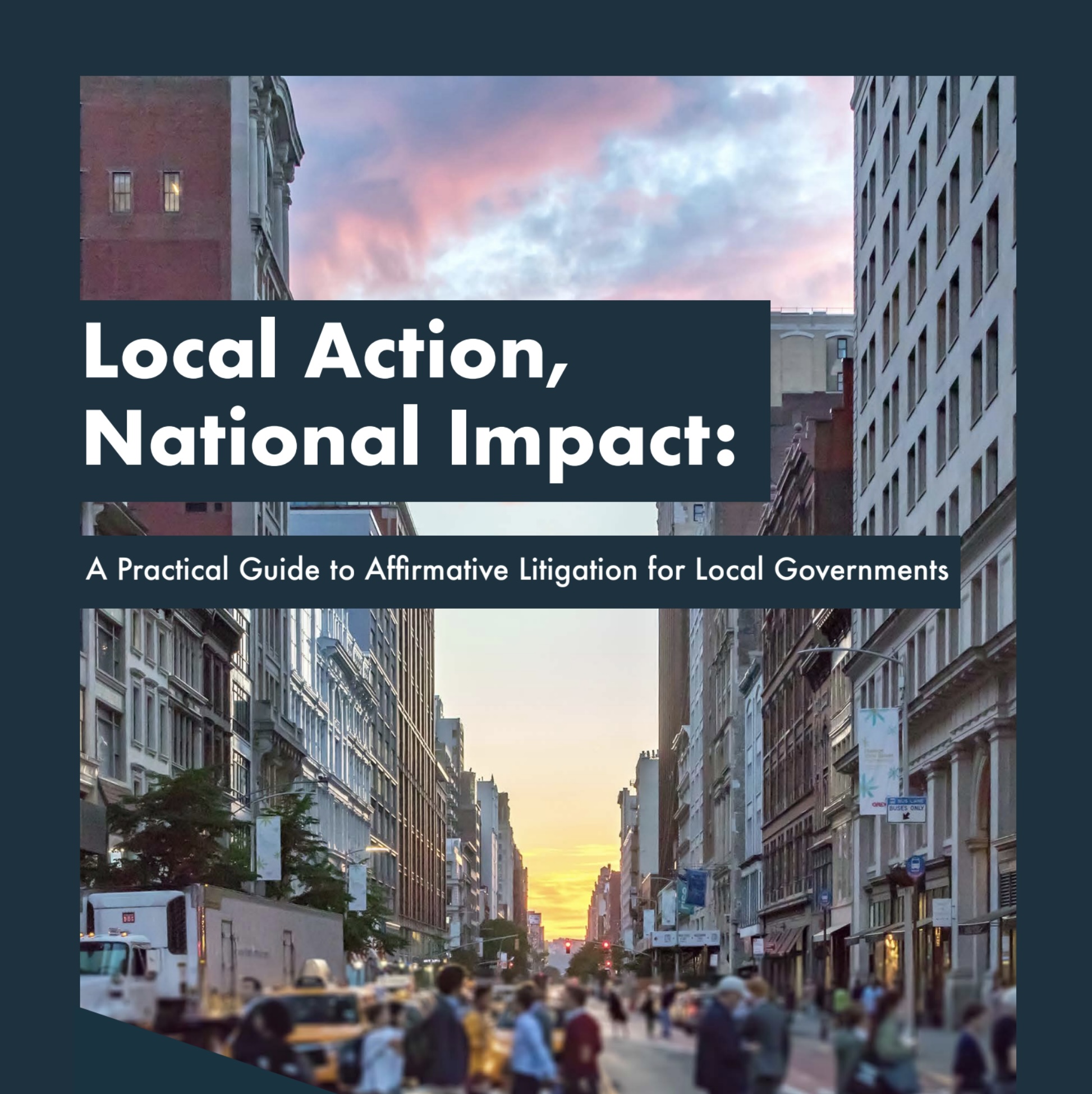Hubs and resources
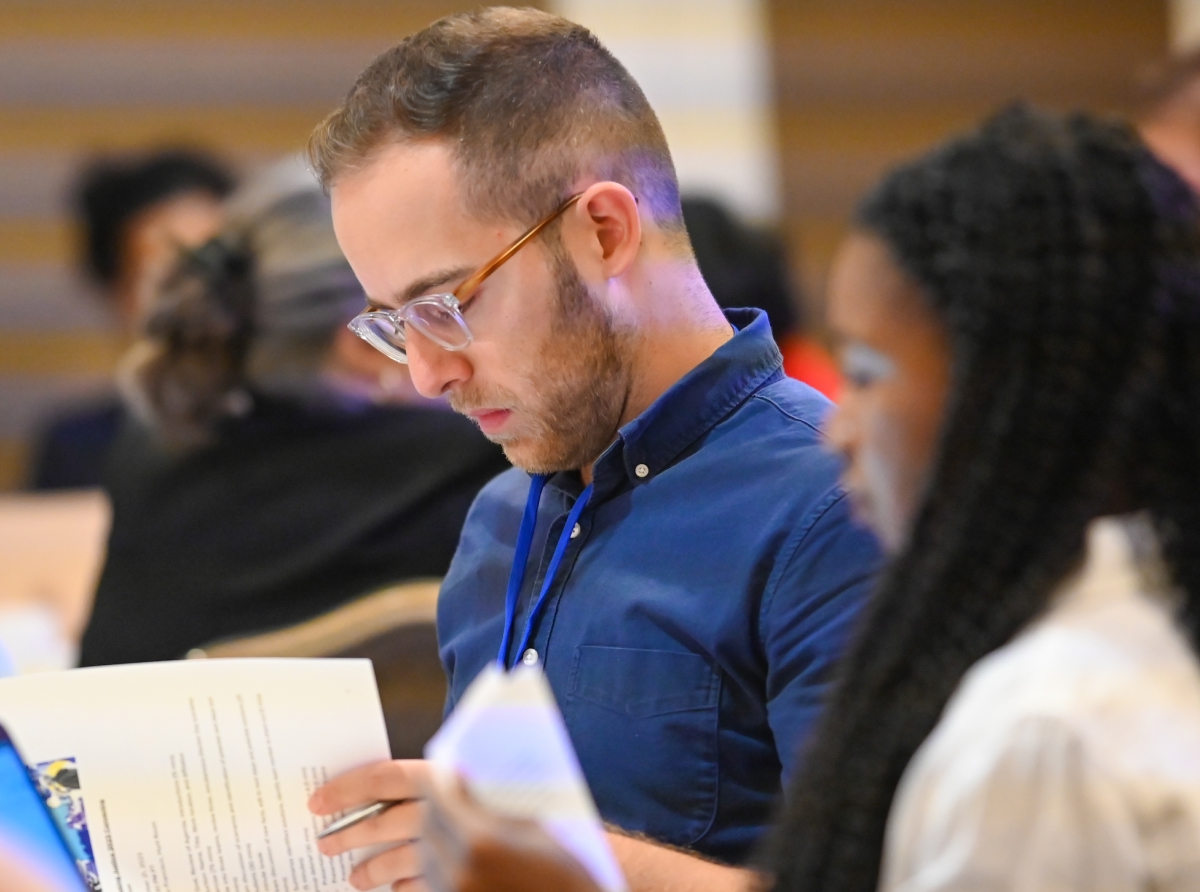
About our tools and resources
Take a closer look at what we have to offer:
The Civil Rights Hub is our one-stop shop to help cities and counties address threats to their funding and authority, bolster legal advocacy in state and federal courts, and more. Our services include direct legal support, training and technical assistance, and multi-city convenings. We will prioritize work in issue areas such as reproductive and gender rights, economic justice and security, and immigrant rights.
The Election Protection Hub launched in 2024 and will continue to operate to support local election officials. Our services include rapid response legal support, training and technical assistance, and convenings. Our focus areas include expanding and mobilizing PRP’s coalition of local election officials, providing legal services that will support local election officials with affirmative policies around voting rights, and deepening PRP’s role in the broader voting rights and democracy spaces.
PRP’s resource center provides essential guidance for local government officials. Whether you want to brush up on a civil rights issue area or dive deeper into affirmative litigation, we’ve got you covered with one-pagers, videos, and more.

